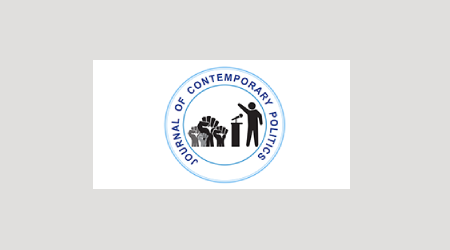


Journal of Contemporary Politics
Year: 2023, Volume: 2, Issue: 4, Pages: 115-120
Original Article
R Rajesh ✉ 1
1 Professor of Sociology, Bangalore University, Bengaluru, Karnataka, 560056, India
Received Date:12 September 2023, Accepted Date:23 December 2023, Published Date:28 December 2023
In the phase of global climate change, the role of villages and rural populations is increasingly recognized as both critical and complex. This paper explores the potential for villages and villagers to significantly contribute to climate change mitigation by transforming livelihoods and abandoning unscientific practices. It is argued that rural areas hold traditional ecological knowledge and practices that, if re-cultured and updated with scientific insights, could lead to substantial reductions in greenhouse gas emissions and enhance local resilience to climate impacts. The paper first examines the existing agricultural methods, energy use, and waste management practices prevalent in villages that contribute to environmental degradation and climate change. It then outlines the socio-cultural, educational, and economic barriers that hinder the adoption of more sustainable practices. Drawing on diverse case studies, we highlight how innovative policies at local, national, and international levels can support the necessary transitions. It proposes a multi-faceted approach to re-culture village livelihoods, integrating traditional wisdom with modern technologies and sustainable practices. The paper discusses the importance of policy interventions sensitive to local contexts, including the decentralization of governance, financial incentives for sustainable practices, investment in renewable energy, and the strengthening of village institutions. Furthermore, we stress the imperative of embedding climate change education within villages to foster behavioral change and empower villagers to participate in climate action actively. Our analysis concludes that villages, through re-cultured livelihoods and scientifically informed practices, can become dynamic frontiers in the global effort to mitigate climate change. Policy reforms are vital to catalyze this transition.
Keywords
Climate change mitigation, Traditional ecological knowledge, Sustainable practices, Rural practices, Policy interventions, Socio-cultural interventions, Education
© 2023 Published by Bangalore University. This is an open-access article under the CC BY license (https://creativecommons.org/licenses/by/4.0/)
Subscribe now for latest articles and news.